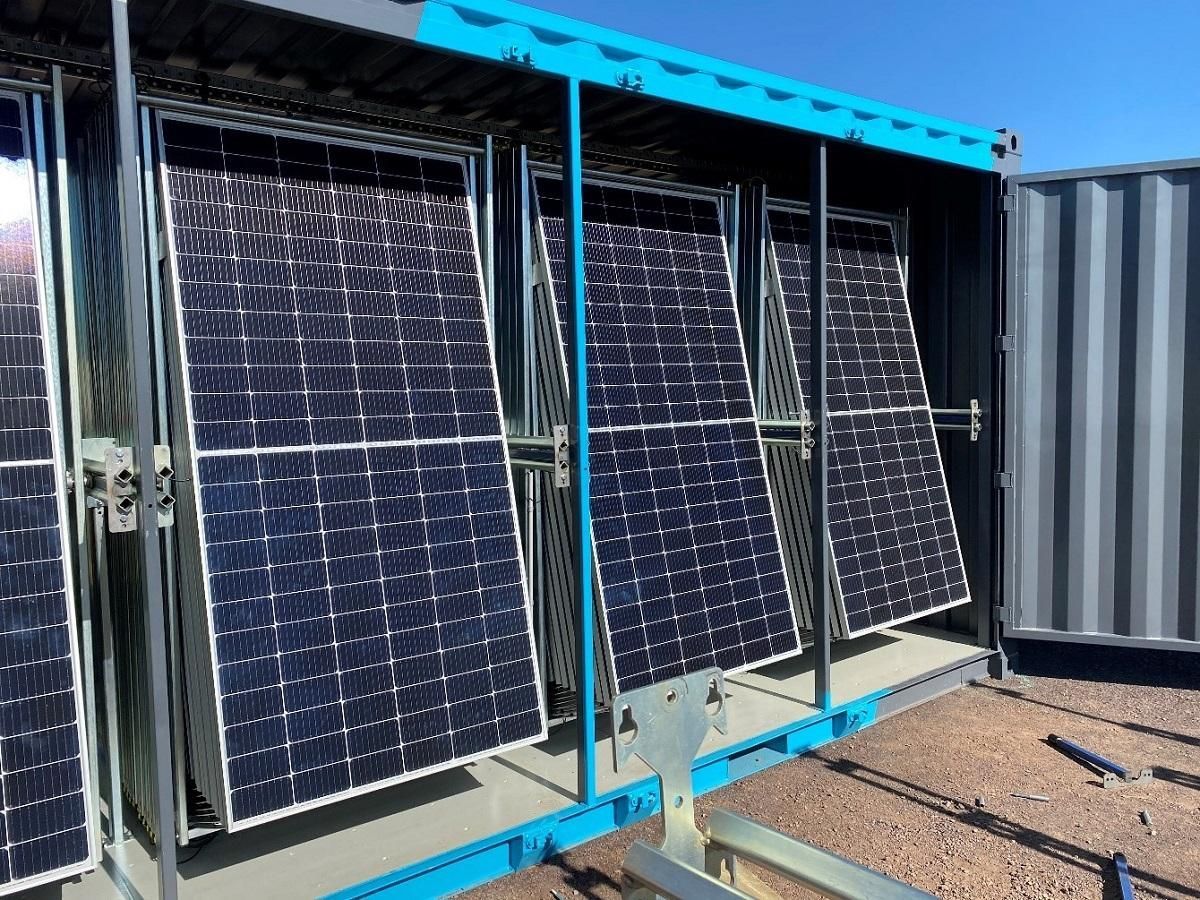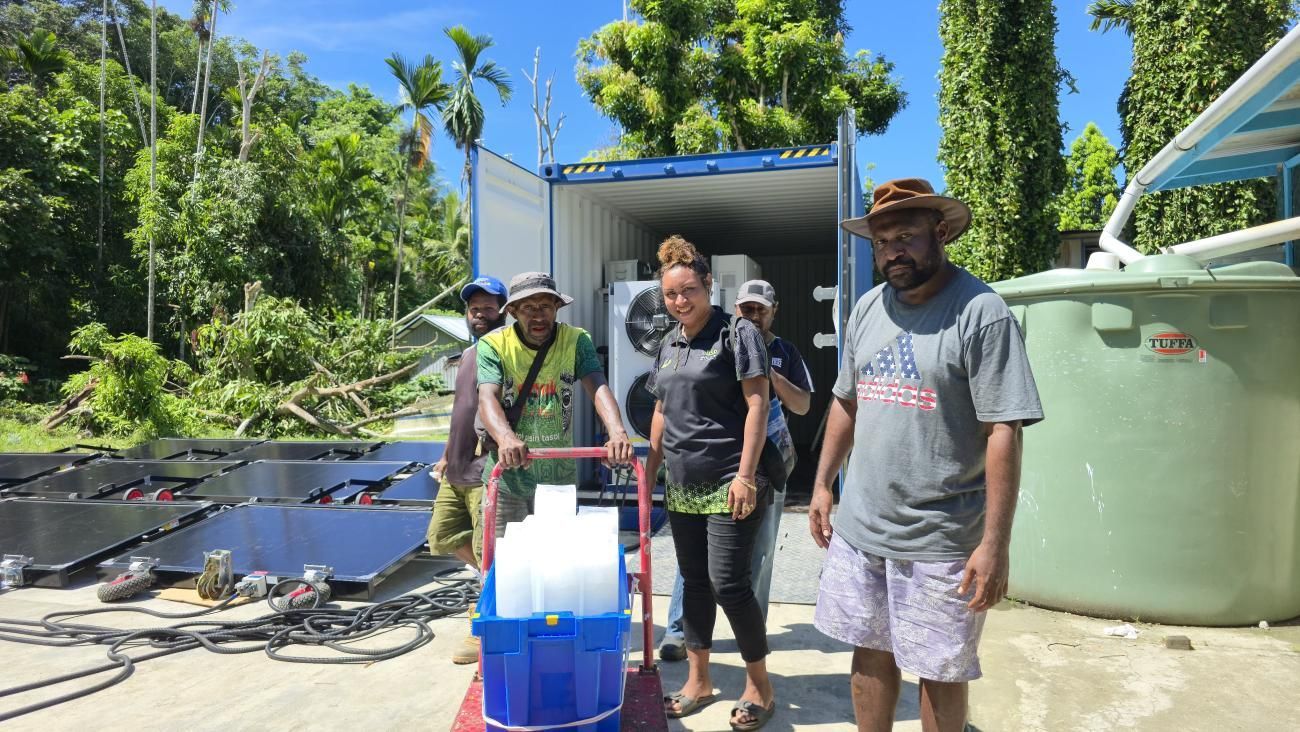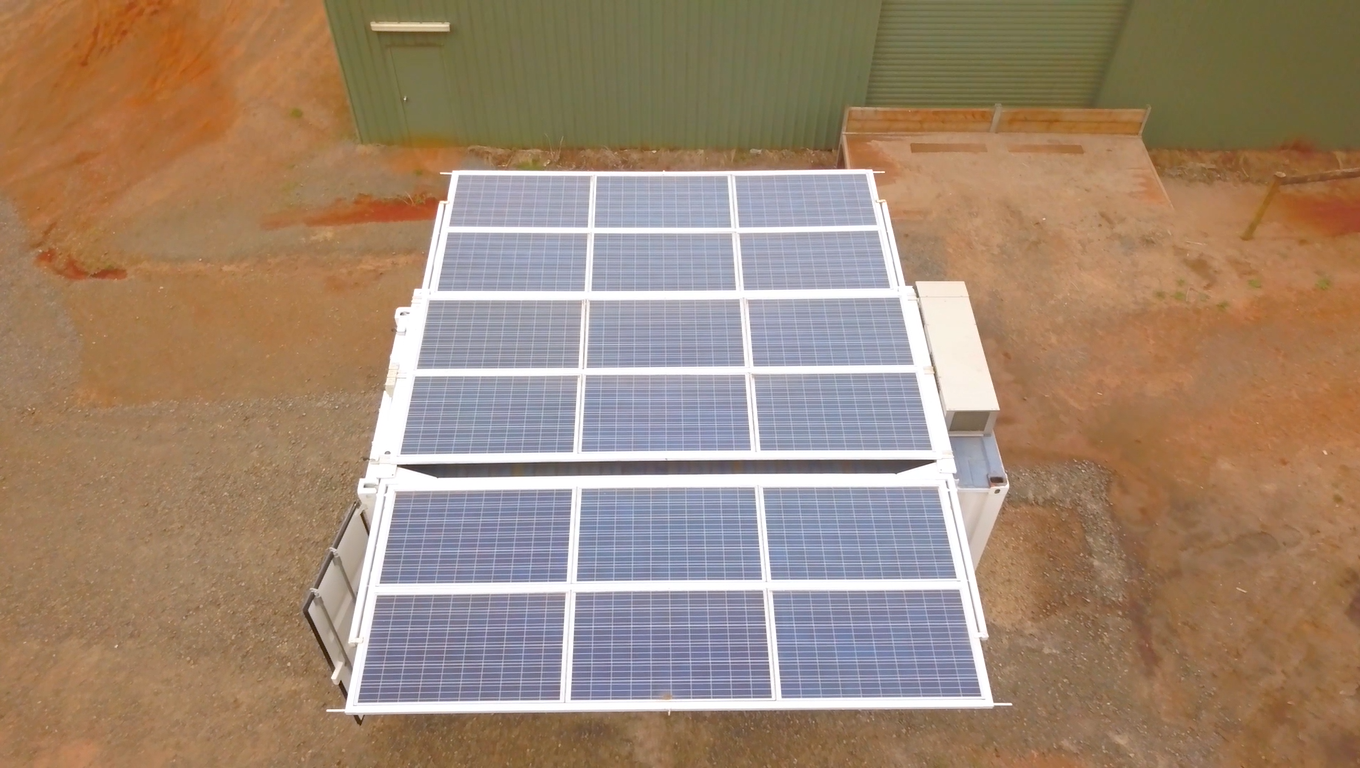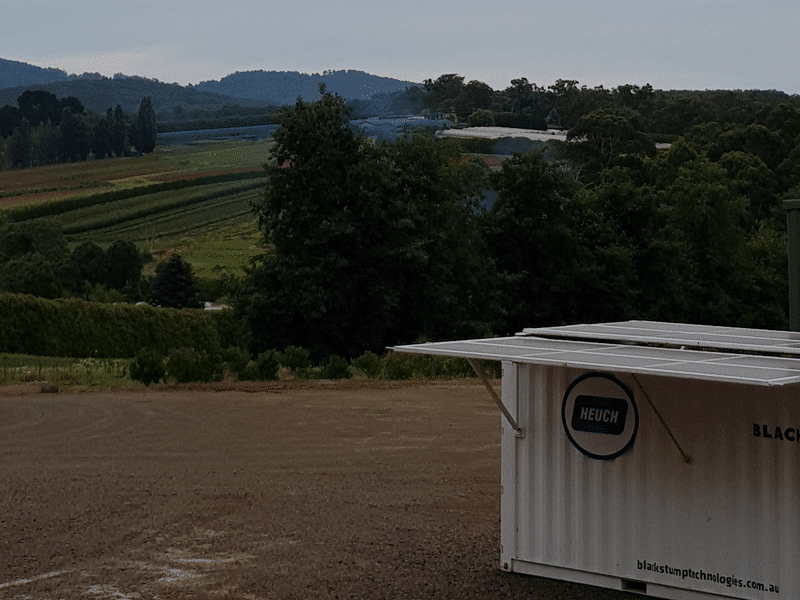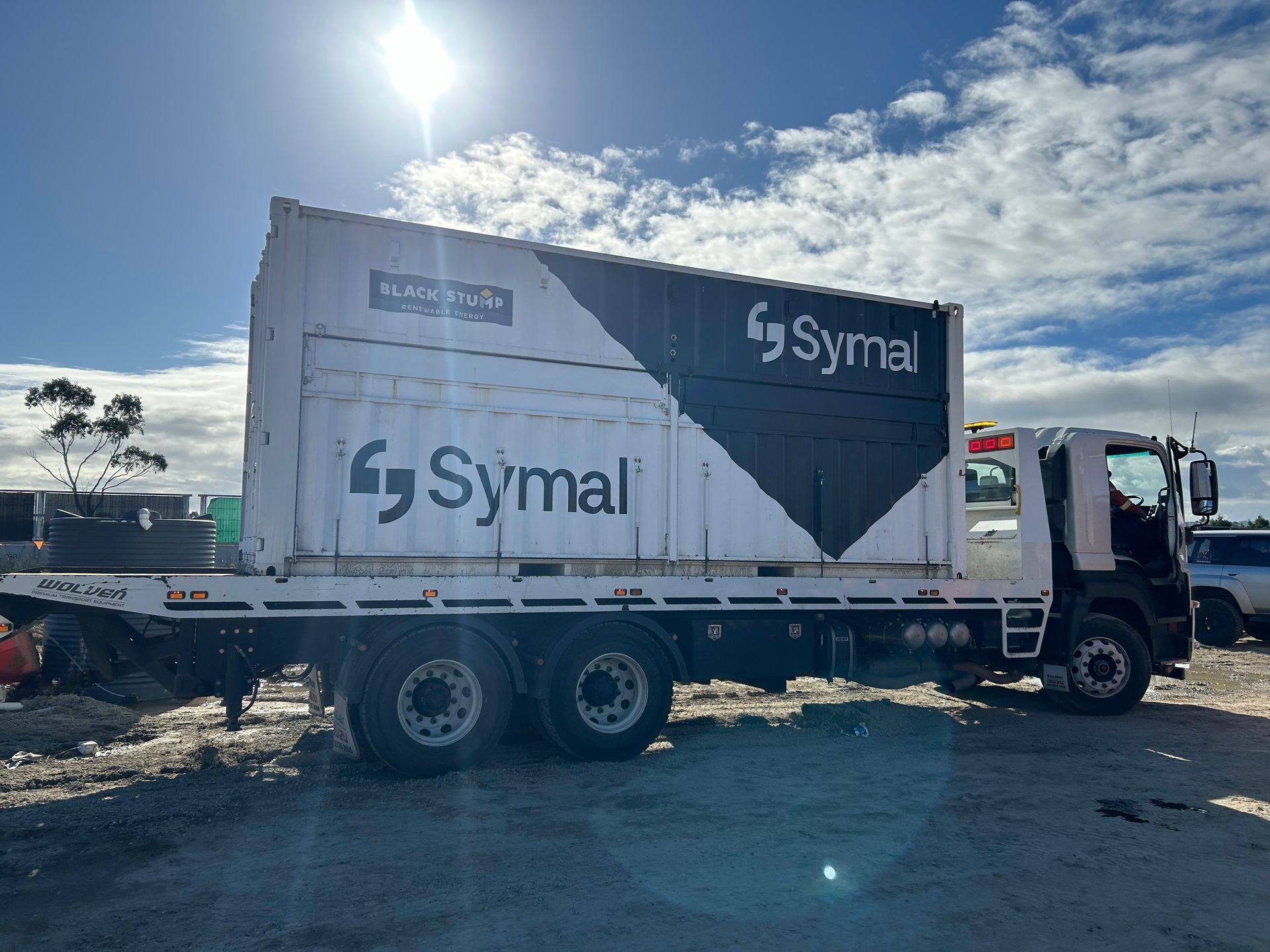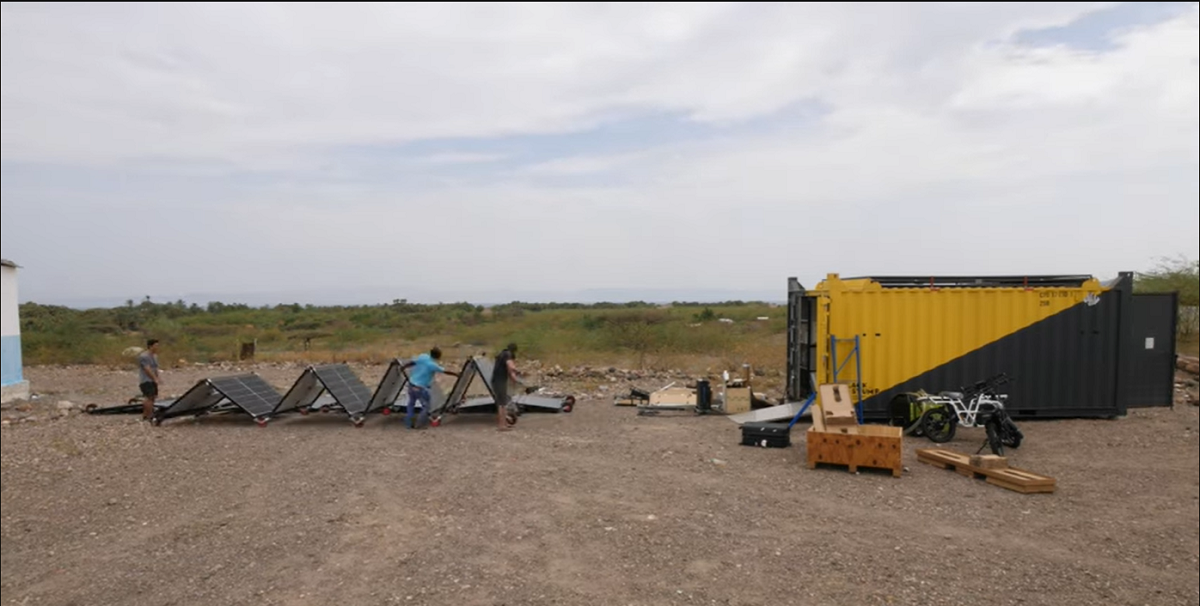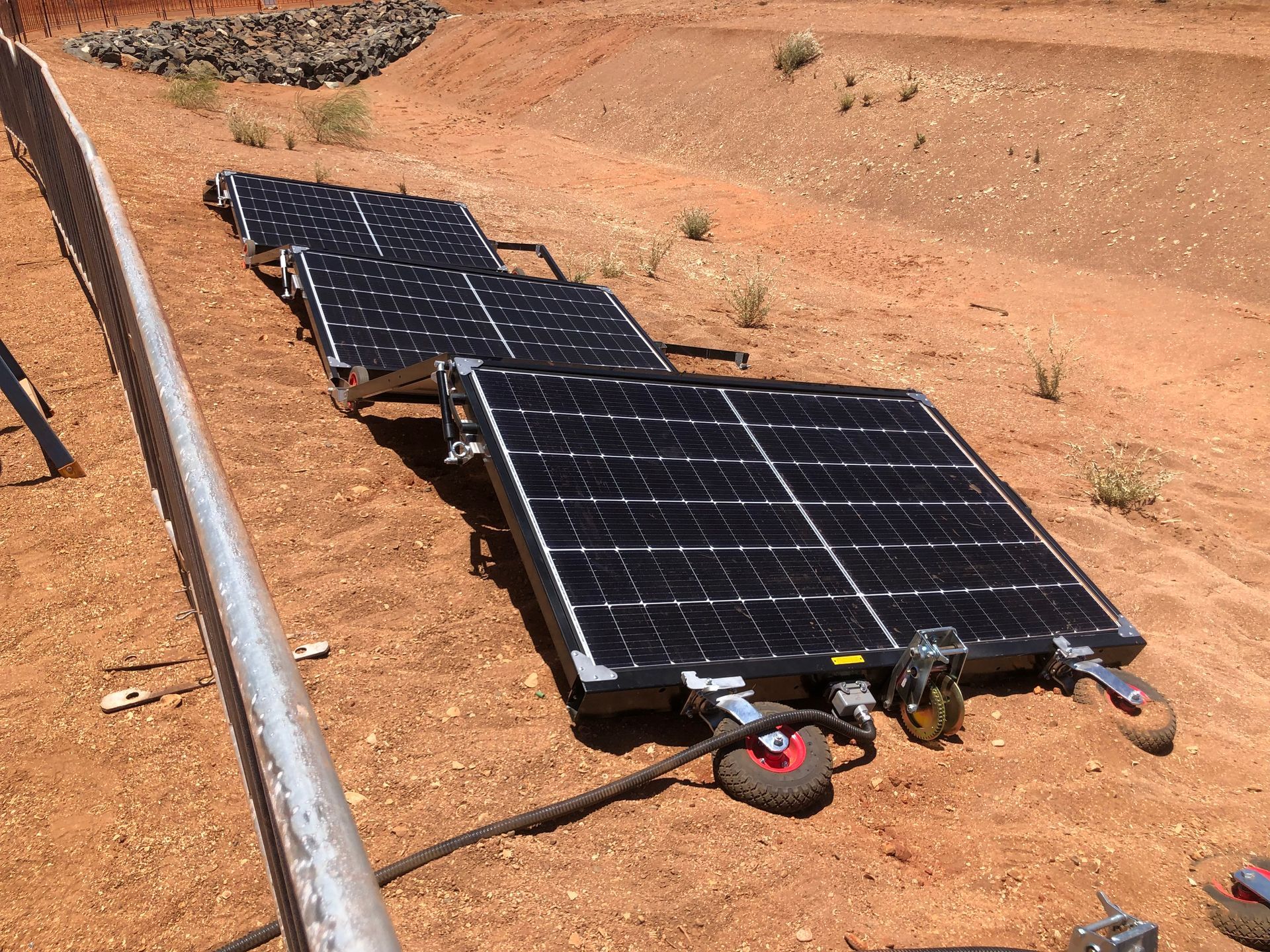Small Systems, Big Impact: When modular design meets mission delivery
In today’s remote-site and off-grid environments, big infrastructure doesn’t always mean a big footprint.
The Power of Small
Modular design is quietly becoming the linchpin of mission-critical deployments — where speed, flexibility and resilience matter more than scale alone.
In sectors such as remote mining, humanitarian aid, or mobile cold-chain logistics, the right “small” system can deliver outsized impact. Australian industry sources note that modular, pre-engineered units reduce cost, risk and turnaround times compared to traditional, permanent site-built infrastructure.
Why Modular Matters
For companies operating away from stable grid connections, modular systems offer three core advantages: rapid deployment, scalability, and adaptability.
A pre-wired, containerised power or refrigeration module can be shipped, plugged in and ready within hours rather than weeks. The modular nature means you start small and expand as needs evolve, avoiding the “oversized fixed installation” trap.
The Solarator® Advantage
Australian technology firm Black Stump Technologies exemplifies this shift through our mobile, modular, and rapidly deployable product suite designed to replace diesel-powered systems in remote locations while cutting both costs and emissions.
On-site, this means reliable energy within hours, not weeks. When a project ends, the same unit can be relocated to the next mission. The modular cold-chain variant ensures that critical refrigeration or storage can be activated just as swiftly — supporting continuity for fisheries, agriculture or medical operations.
Building for Agility
When mission delivery demands speed, economy and resilience, modular design is not a compromise — it’s a strategy.
For remote, regional and rapidly changing environments, small systems with big impact are becoming the new standard.


